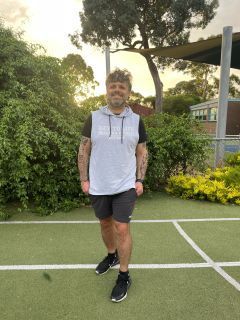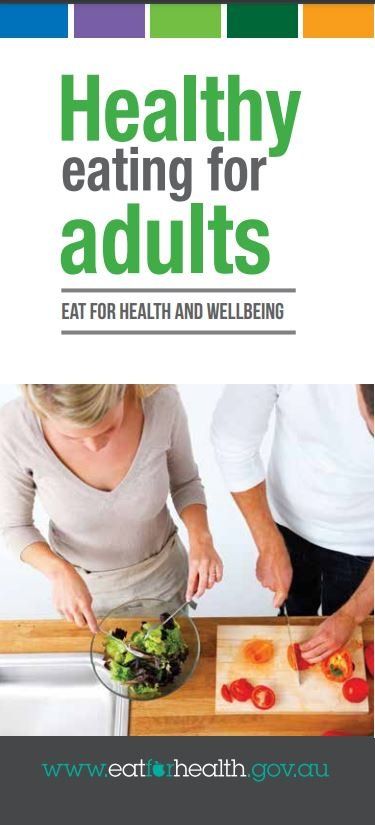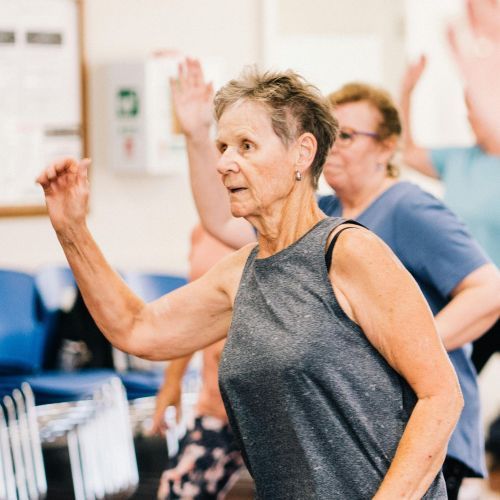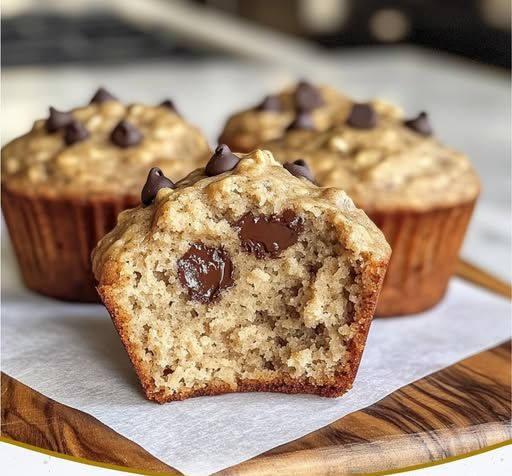Benefits of Pilates for Rehabilitation
Benefits of Pilates for Rehabilitation
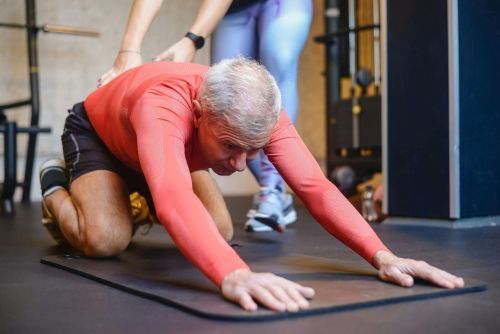
Injury recovery is rarely linear. For anyone balancing work, family, and personal wellbeing, rehabilitation must be both effective and adaptable.
Pilates—once viewed primarily as a fitness modality—has emerged as a powerful tool in rehabilitation, offering a gentle yet targeted approach to healing. This article explores the science behind Pilates for rehabilitation, its benefits across various conditions, and how it supports long-term recovery and resilience.
What Is Pilates?
Pilates is a low-impact exercise system developed by Joseph Pilates in the early 20th century. It focuses on controlled movements, breath awareness, and core engagement to improve strength, flexibility, and posture. Unlike high-impact workouts, Pilates emphasises precision and alignment, making it ideal for rehabilitation and injury prevention2.
Why Pilates Works for Rehabilitation
Pilates is increasingly recommended by physiotherapists and rehabilitation specialists for its ability to:
- Strengthen the Core: A strong core stabilises the spine and pelvis, reducing strain on surrounding muscles and joints.
- Improve Flexibility: Controlled stretching enhances joint mobility and reduces stiffness, crucial for post-injury recovery.
- Correct Muscle Imbalances: Pilates promotes balanced muscle development, addressing asymmetries that often lead to injury.
- Enhance Body Awareness: Mindful movement helps individuals recognise and avoid harmful patterns, reducing the risk of re-injury.
- Support Joint Health: Its low-impact nature protects vulnerable joints while still building strength and endurance.
Common Conditions Supported by Pilates
Pilates is effective across a wide range of rehabilitation scenarios, including:
1. Lower Back Pain
Pilates strengthens deep abdominal muscles and improves spinal alignment, reducing pressure on the lumbar spine. Studies show that regular Pilates practice can significantly reduce chronic back pain and improve functional mobility.
2. Post-Surgical Recovery
After surgery—especially orthopaedic procedures—Pilates helps restore range of motion, rebuild strength, and improve circulation. Its adaptability allows for gradual progression based on individual tolerance.
3. Joint Injuries (Knees, Hips, Shoulders)
Pilates exercises can be modified to avoid aggravating injured joints while still engaging surrounding muscles. This promotes healing and prevents compensatory patterns that could lead to further injury.
4. Neurological Conditions
For individuals recovering from stroke or managing conditions like multiple sclerosis, Pilates enhances proprioception, balance, and coordination. It supports neuroplasticity by encouraging controlled, repetitive movement.
5. Pelvic Floor Dysfunction
Pilates integrates pelvic floor activation with core strengthening, making it beneficial for women recovering from childbirth or managing pelvic instability.
The Role of Core Stability
Core stability is central to rehabilitation. The core includes not just the abdominal muscles, but also the pelvic floor, diaphragm, and muscles surrounding the spine. When these muscles work in harmony, they create a stable base for movement.
Pilates targets these deep stabilisers through exercises like:
Pelvic Tilts
Leg Slides
Bridging
Modified Planks
These movements are performed slowly and with control, allowing for safe engagement and progressive strengthening.
Pilates vs. Traditional Physical Therapy
While traditional physical therapy often involves isolated exercises, Pilates offers a more integrated approach. It teaches clients to move with awareness, engage multiple muscle groups, and maintain alignment throughout each movement.
This holistic method fosters independence. Clients learn to understand their bodies, make adjustments, and take ownership of their recovery.
Mental and Emotional Benefits
Rehabilitation isn’t just physical—it’s emotional. Injury can disrupt routines, limit independence, and affect self-esteem. Pilates supports mental wellbeing by:
- Encouraging mindfulness and breath control
- Providing a sense of progress and achievement
- Reducing stress and anxiety through movement
For women managing busy households and careers, this emotional support is invaluable.
Pilates for All Levels
One of Pilates’ greatest strengths is its adaptability. Exercises can be modified for beginners, those with limited mobility, or individuals recovering from significant injury. Props such as resistance bands, foam rollers, and Pilates balls add variety and support.
At Key to Life, small-group Pilates classes allow for personalised instruction, ensuring exercises are tailored to each participant’s needs.
Integrating Pilates into a Rehabilitation Plan
To maximise results, Pilates should be integrated into a broader rehabilitation strategy. This may include:
Initial assessment by a physiotherapist or qualified instructor
Goal setting based on injury type and lifestyle
Regular sessions (1–2 times per week)
Home exercises to reinforce progress
Periodic reassessment to adjust intensity and focus
Consistency is key. Even short sessions can yield significant benefits when performed regularly.
The Role of Key to Life Health and Fitness
Key to Life Health and Fitness in Lower Plenty offers Pilates classes led by accredited, experienced instructors in a private studio setting. With a maximum of eight participants per class, clients receive individual attention and modifications suited to their rehabilitation needs.
Pilates classes are held:
Monday evenings at 6.30pm
Saturday mornings at 10.30am
Whether recovering from injury or seeking preventative support, Key to Life provides a safe, supportive environment for members in Eltham, Lower Plenty Montmorency, and surrounding areas to rebuild strength and confidence.
Conclusion
Pilates is more than a fitness trend—it’s a therapeutic tool that empowers you to heal, strengthen, and thrive. Its emphasis on core stability, mindful movement, and adaptability makes it ideal for rehabilitation across a wide range of conditions.
Book your FREE trial Pilates class with Key to Life today!



